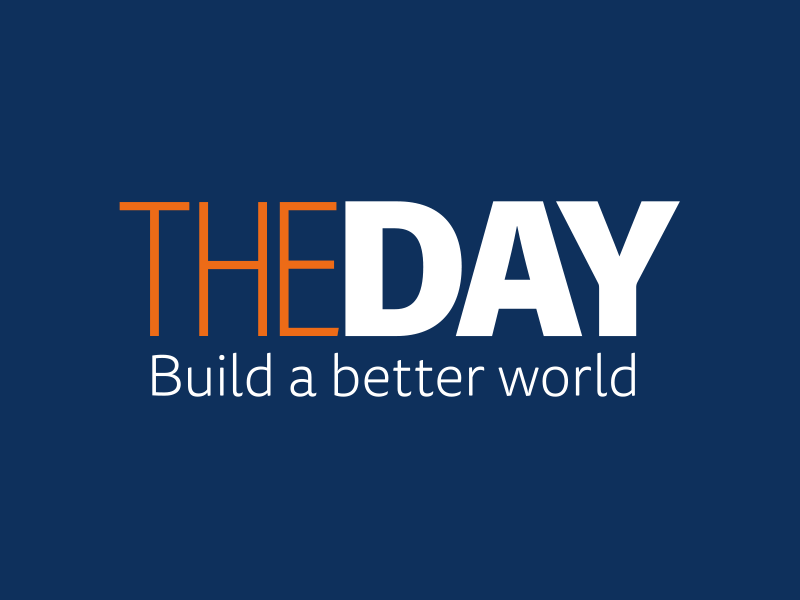The AI Revolution in Healthcare
Pascalia, The British School of Brussels, Belgium
From helping with homework, assisting in job application writing, offering advice on where to go for vacation, AI is a huge asset to master for everyone. Myself, growing up in this developing technology-focused world, I have always been warned about AI, how dangerous it can be and how robots might take over the world one day. To be frank, that is very unlikely to happen, as they are created and supported by us humans. Without our support, robots are just metal parts. However, the likelihood of AI replacing humans in repetitive administrative jobs and data analysis is rapidly increasing and AI is becoming able to perform more complicated jobs. Did you know that except from helping struggling students, AI algorithms can also analyse medical imaging data and diagnose patients faster and more accurately, potentially leading to a healthy recovery? AI is rising in many domains, but one of the most current and critical breakthroughs is in healthcare and medicine.
AI is revolutionising healthcare, just like antibiotics, vaccinations and MRI scans did when they were first introduced. Doctors from all medical fields can quickly consults a patient’s past scans as well as their medical files and their current health condition using an AI assistant. They can do that in the operation theatre during surgery, which can help them take the right decision in crucial moments.
In the present day, AI is used to accelerate discovering drugs by analysing countless data sets in order to identify their potential. It is also used to reduced administrative tasks. Although this might not sound incredibly important, people overlook its significance as it helps the doctors immensely and allows them to be more effective when treating patients.
Wrong imaging diagnosis can create a significant threat to healthcare. Only in the US, around 12 million people per year get misdiagnosed which causes them to be in a highly risky situation. AI technology, such as machine learning (computers learning from a vast data set), can detect early signs of brain, lung, breast, liver and prostate cancer, with great accuracy. This is not just for cancer, but also for other illnesses such as pneumonia, which AI can detect from scanning X-ray scans. New developments are making AI models able to take in different types of data to then be able to carry out multiple tasks to help doctors and medical staff, such as naming tools, procedures and hazards.
I strongly believe that AI is the developing technology that will change the way healthcare is practised; hopefully for the better as we must not forget that many drawbacks exist. They include data set collection issues for machine learning, because of confidentiality, racial minorities being discarded during the data set collection process, and human morals. Imagine a malfunction in an algorithm leads to a person’s death – who is accountable for this? Can we really trust AI to know everything and make people’s lives dependent on a hackable algorithm? AI is coming, whether it saves us from another pandemic or corrupts healthcare systems, it will play an important part in our daily lives. We must all, old and young, learn as much as we can about this ground-breaking technology, and how to find the perfect balance between the AI technology and the human control.
Cite
While every effort has been made to follow citation style rules, there may be some discrepancies. Please refer to the appropriate style manual or other sources if you have any questions.






